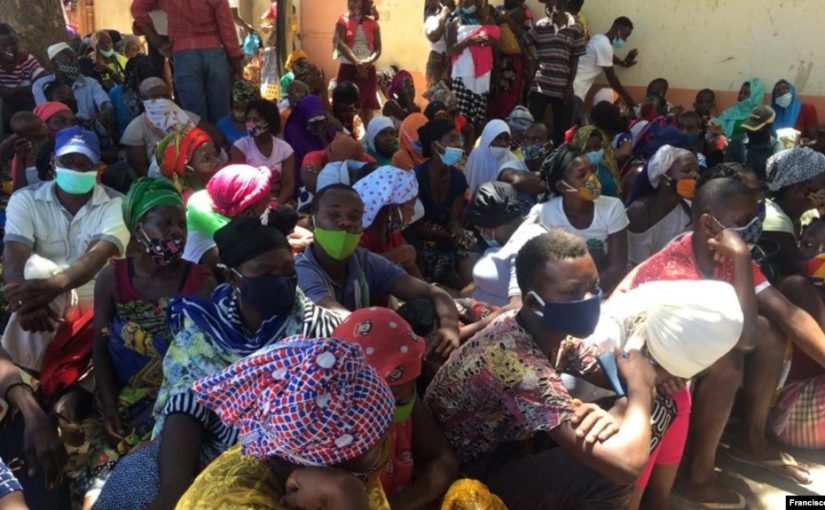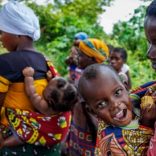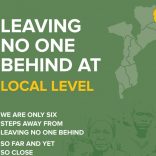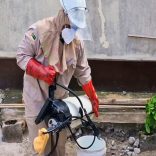Angola / Mozambique: Serious rights violations in 2024 - Amnesty International
Government announces 21 villages for Cabo Delgado displaced, but some express misgivings – VOA report

FILE - Displaced people in Cabo Delgado await WFP assistance in Pemba. [File photo: VOA Portugues]
At a time when the president of the Northern Integrated Development Agency (ADIN) is proposing a new development model for the province, Mozambican authorities say they have built 21 villages for the resettlement of people fleeing the war in Cabo Delgado.
According to the Secretary of State in Cabo Delgado, Armindo Ngunga, the construction of the villages forms part of the Displaced Persons Management Plan, designed to let the displaced live with dignity in their own space.
“With conditions to do this in Pemba lacking, we found spaces in other districts to let us manage the displaced directly, and, to date, we have built 21 villages housing more than 55,000 people,” Ngunga asserted.
Ngunga says these villages provide the minimum conditions in terms of basic services, including water, sanitation, health and education, emphasising that, “this means that the lives of the displaced people are moving more and more to normality, because our goal really is to guarantee that people live with dignity”.
However, a recent study by the Centre For Public Integrity (CIP) on displaced persons in Cabo Delgado points out that in resettlement villages, “there is absolutely nothing except fountains to supply water and plots of land [for the IDPs] to build houses”.
The president of state-owned ADIN, Armando Panguene, is critical of the current strategy for countering the jihadist attacks, and proposes a new development model for Cabo Delgado, without which, he said, no action will have any impact on communities.
Panguene said that the new development model for the province “has to be atypical, with a high degree of flexibility and greater institutional coordination, because in view of the insecurity of the communities’ lives, we are all called to respond with concrete actions that meet the demands of the people”.
Youth, Armando Panguene stressed, “must acquire skills for employability and self-employment; health and education services must be closer to the populations; and rural communities must have access to credit”.













Leave a Reply
Be the First to Comment!
You must be logged in to post a comment.
You must be logged in to post a comment.